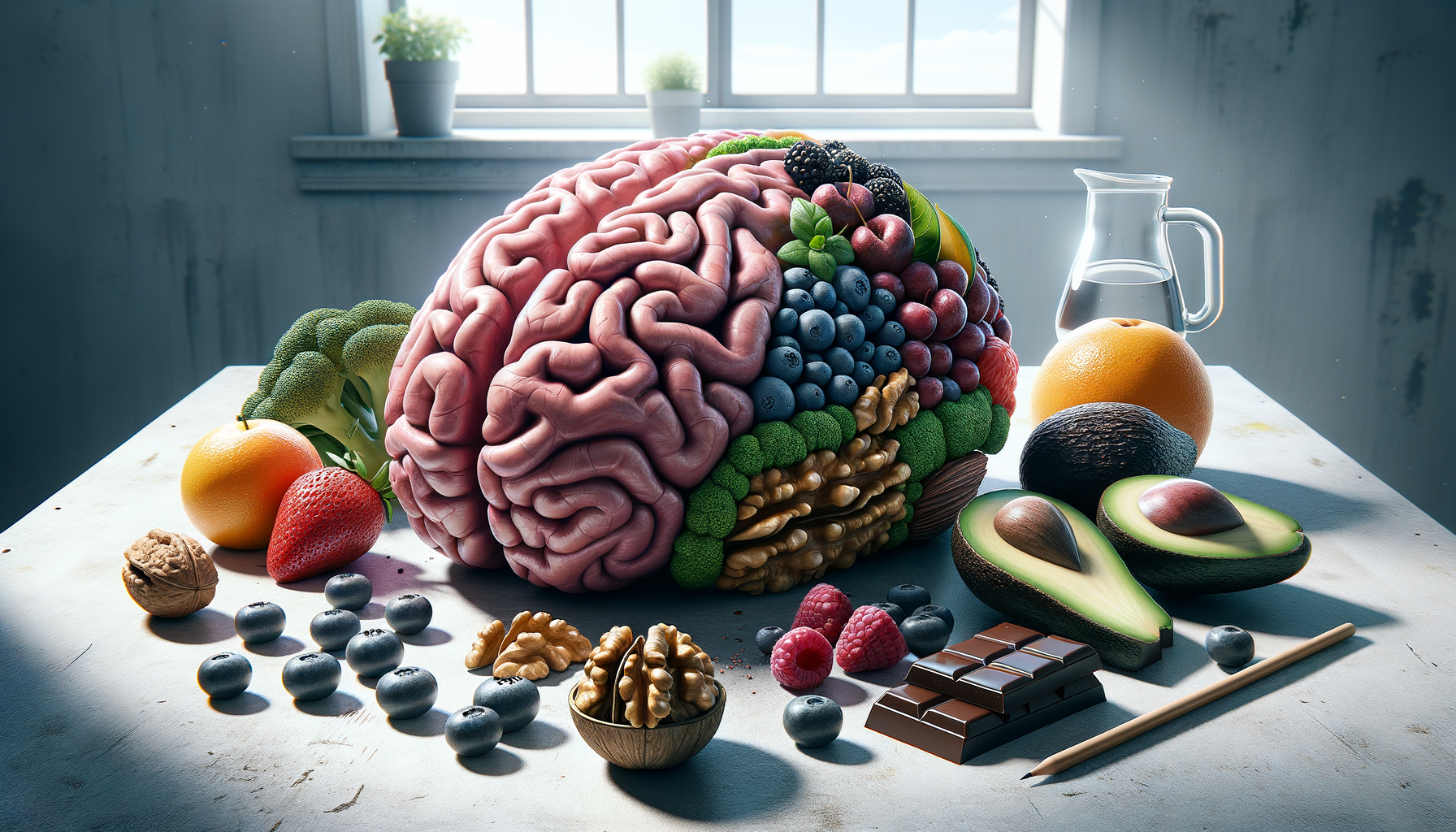5 Foods That May Contribute to Cognitive Health
Discover how your diet can influence brain function. Explore five nutrient-dense foods that could aid memory, focus, and cognitive well-being as part of a balanced lifestyle.

The Role of Diet in Cognitive Health
In recent years, the connection between diet and brain health has become a focal point for researchers and health enthusiasts alike. Understanding the impact of nutrition on cognitive function is crucial, as it offers a proactive approach to maintaining mental acuity and overall brain health. Our brain, like any other organ, requires specific nutrients to function optimally. These nutrients can influence various aspects of brain function, including memory, focus, and mood.
One of the primary ways diet affects the brain is through the promotion of neuroplasticity, the brain’s ability to reorganize itself by forming new neural connections. This is essential for learning and memory. Moreover, certain foods can help reduce inflammation and oxidative stress, both of which are linked to neurodegenerative diseases. By incorporating foods rich in antioxidants, healthy fats, vitamins, and minerals, we can support our brain’s health and potentially slow down cognitive decline.
Understanding the importance of diet in cognitive health encourages us to make informed choices about what we eat. By doing so, we can harness the power of nutrition to support our brain function and enhance our quality of life.
Top Foods for Enhancing Brain Function
Among the foods that stand out for their cognitive benefits are those rich in omega-3 fatty acids, antioxidants, and other essential nutrients. Here are five foods that are particularly noteworthy:
- Fatty Fish: Known for their high omega-3 fatty acid content, fatty fish like salmon and sardines are excellent for brain health. Omega-3s are crucial for building brain and nerve cells and have been linked to improved memory and mood.
- Blueberries: These small fruits pack a powerful punch of antioxidants, particularly flavonoids, which have been shown to improve cognitive function. Blueberries may help delay brain aging and enhance memory.
- Turmeric: This vibrant spice contains curcumin, a compound with anti-inflammatory and antioxidant properties. Curcumin can cross the blood-brain barrier and has been linked to improved memory and the growth of new brain cells.
- Broccoli: Rich in antioxidants and vitamin K, broccoli is believed to support brain health. Vitamin K is essential for forming sphingolipids, a type of fat that’s densely packed into brain cells.
- Pumpkin Seeds: These seeds are loaded with antioxidants and a rich source of magnesium, iron, zinc, and copper. Each of these nutrients is important for brain health, supporting everything from nerve signaling to memory enhancement.
Incorporating these foods into your diet can be a delicious and effective way to support cognitive health. By choosing nutrient-dense options, you provide your brain with the tools it needs to thrive.
Practical Tips for a Brain-Boosting Diet
Adopting a diet that supports cognitive health doesn’t have to be complicated. Here are some practical tips to help you get started:
- Balance Your Plate: Aim for a variety of colors and nutrients in each meal. Include a mix of fruits, vegetables, lean proteins, and whole grains to ensure you’re getting a broad spectrum of nutrients.
- Stay Hydrated: Adequate hydration is essential for maintaining concentration and cognitive function. Aim to drink plenty of water throughout the day.
- Limit Processed Foods: Processed foods often contain unhealthy fats and sugars that can negatively impact brain health. Opt for whole, unprocessed foods whenever possible.
- Mind Your Portions: Eating in moderation helps prevent overconsumption of calories and supports overall health, including brain function.
- Experiment with Recipes: Try new recipes that incorporate brain-boosting foods. This can make your diet more enjoyable and sustainable in the long run.
By following these tips, you can create a diet that not only supports cognitive health but also enhances your overall well-being. Remember, small changes can lead to significant improvements over time.